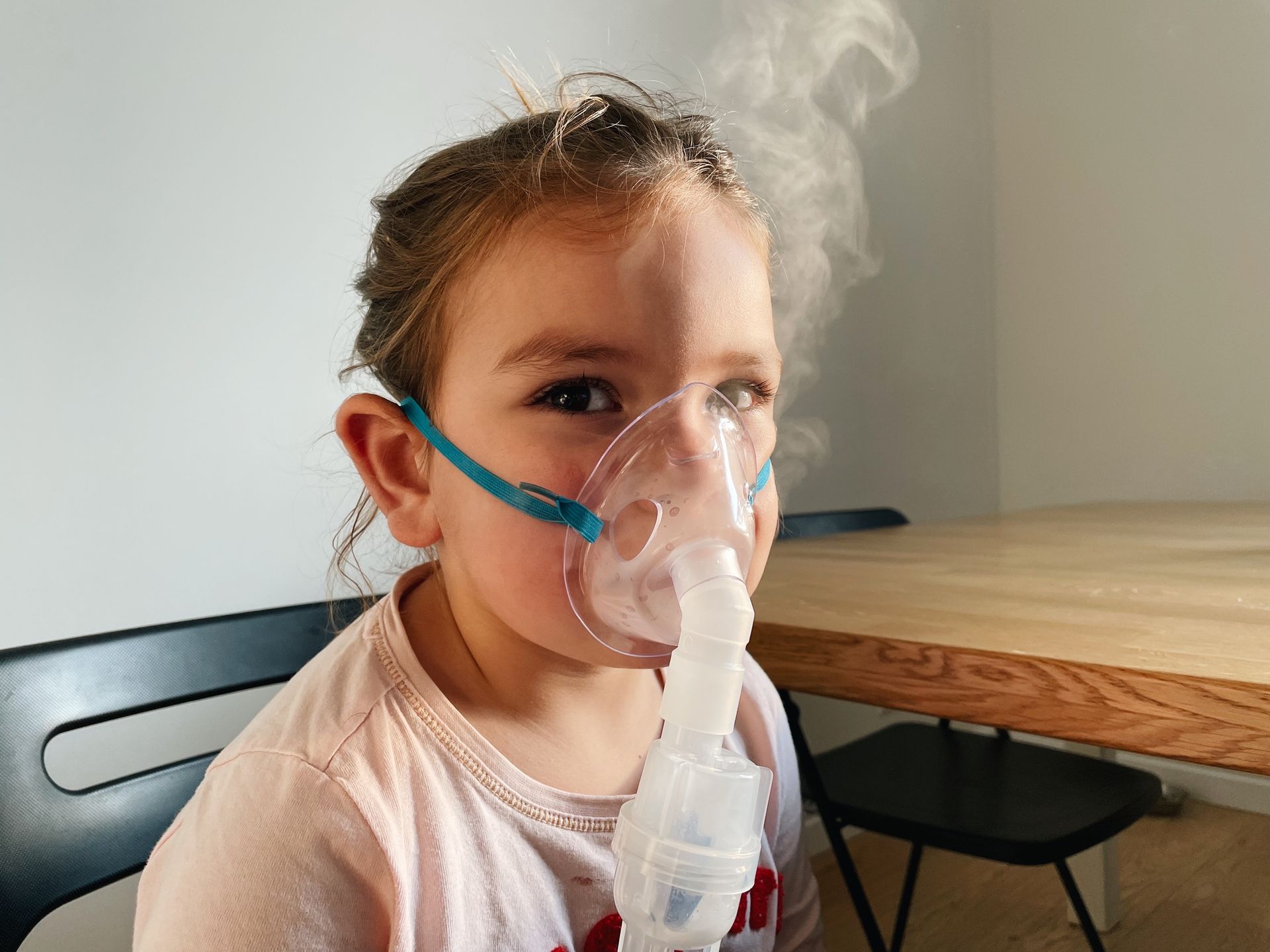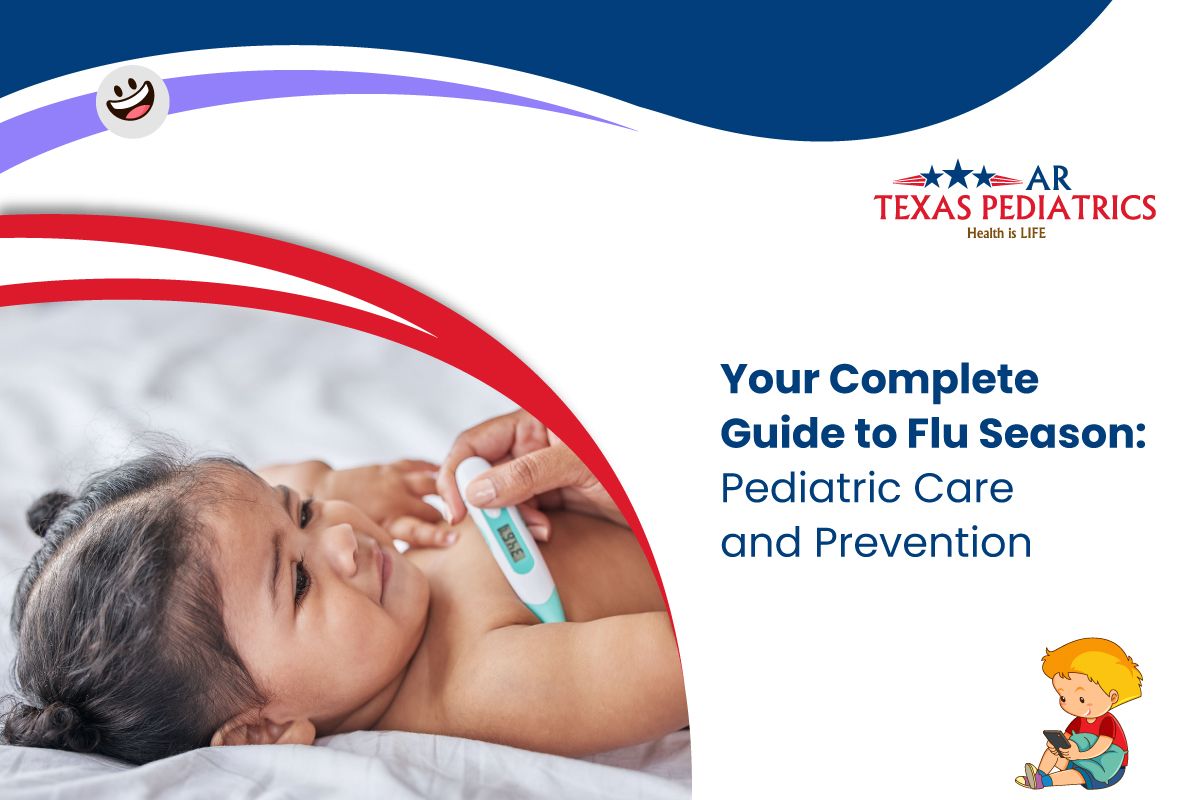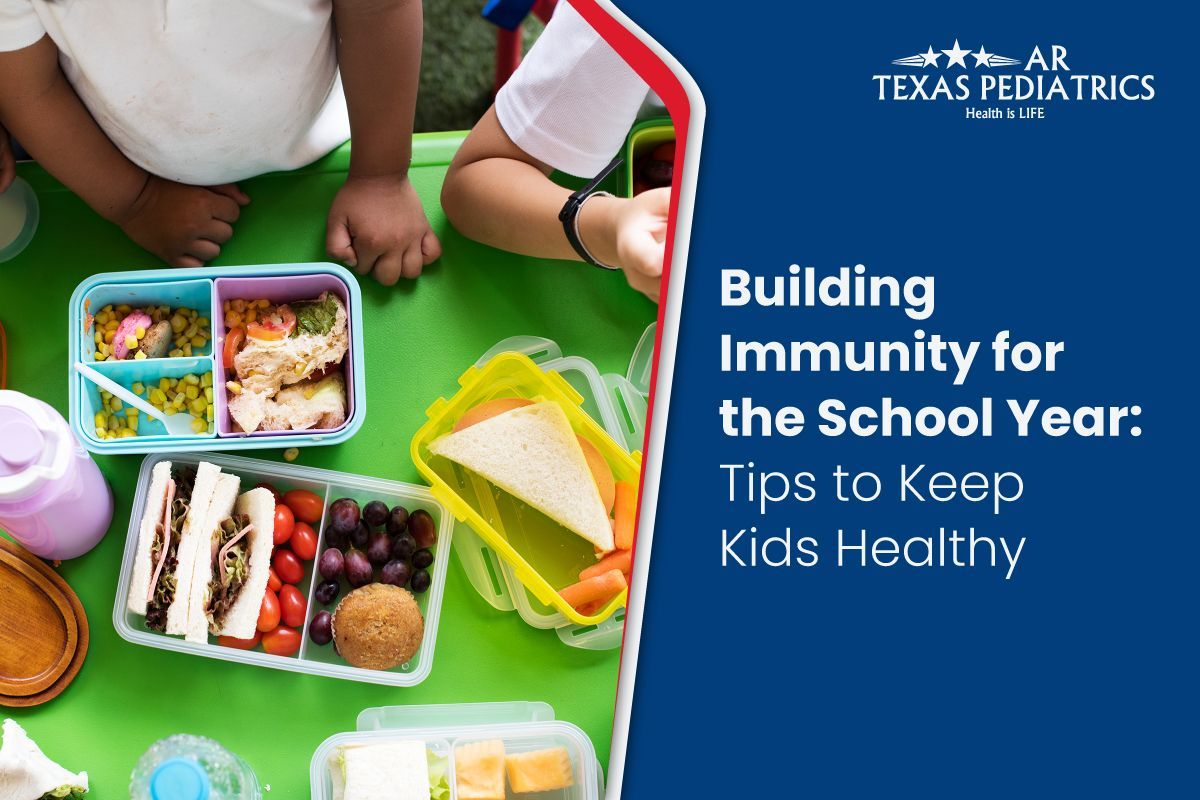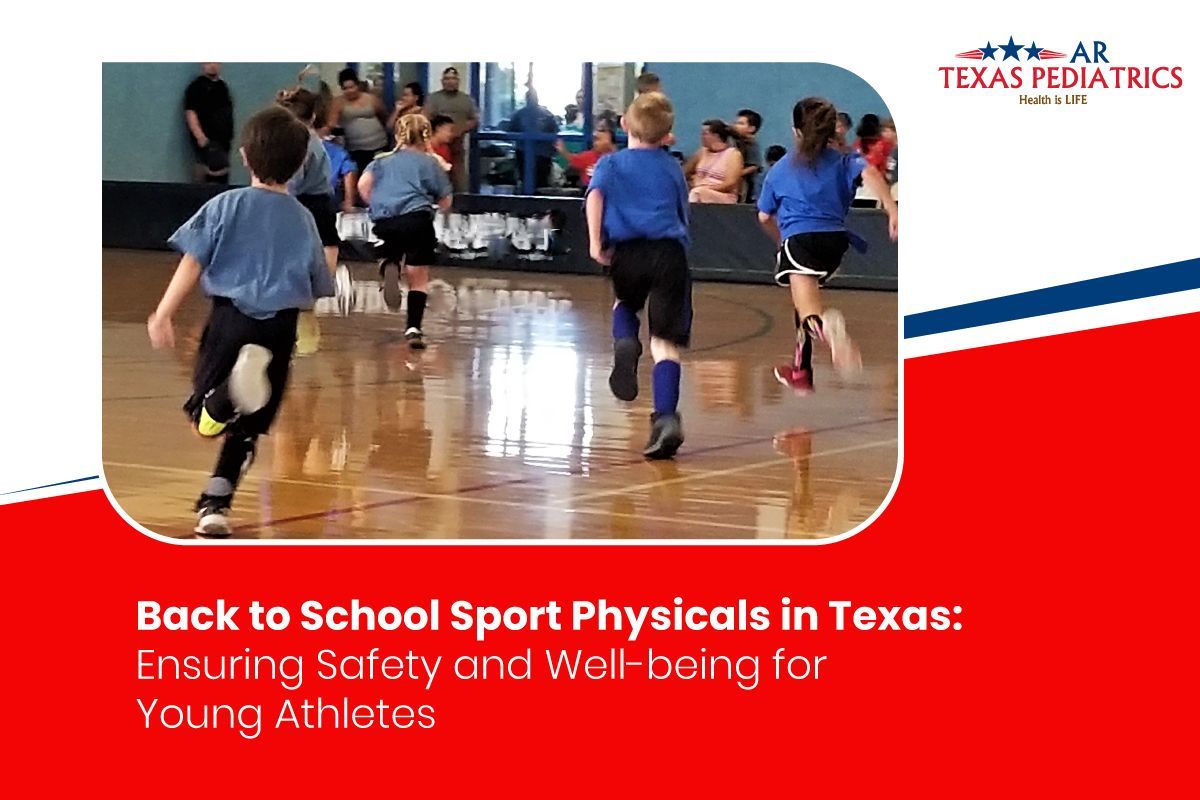
PHONE & EMAIL
Baby Formula Shortage: The Do's and Don'ts

In recent months, the country has been experiencing a massive shortfall in baby formula, and parents are scrambling to find supplies. The shortage was attributed to various factors, including supply-chain issues involving the pandemic. But one of the most significant factors was the voluntary recall undertaken by Abbott Nutrition, one of the country's leading baby-food manufacturers, which resulted in the closure of one of its plants.
Here's What to Do During the Baby Formula Shortage
For many parents, the shortage of baby formula is a significant concern. Not only can the shortage cause parents to panic, but it also puts them in a difficult position when they need to purchase formula. You may be wondering how to make the best choice for your baby during the formula shortage. To help you, we've put together a list of dos and don'ts during this crisis.
The Do’s
1. Do consult your pediatrician first
If their usual infant formula is unavailable, consult your health care provider for the safest baby formula alternative. They can recommend how and when to switch baby formula or suggest other options. Under certain circumstances, your doctor may be able to submit an urgent request for a specialized formula to Abbott Nutrition, which can release specialized and low-iron formulas.
2. Do consider using other formula brands approved by the FDA
If your preferred brand is sold out at all locations or there are no restocking plans, consider using another brand. You can find approved baby formula manufacturers on the FDA website. Always talk to your pediatrician before switching formulas for babies currently on a special formula (formulas that are extensively hydrolyzed or based on amino acids) because of an allergy, sensitivity, or problems with previous formulas.
3. Do check if you qualify for WIC assistance
WIC is a federal program for women, infants, and children who need nutritional assistance. If you are a low-income parent or caretaker, your state may help you get formula. This way, you can deliver the nutrition your baby needs. If you're eligible, you can get a voucher to purchase infant formula through your local WIC agency or online at wic.gov.
4. Do research alternative places to buy formula
Contact the manufacturer directly to determine if a formula is available online. When purchasing online, use recognized marketplaces like Amazon or Walmart rather than buying formula from auction sites or unknown online vendors. Alternatively, try pharmacies, food banks, neighborhood stores, and smaller retailers that may carry the formula you need.
5. Do not hesitate to reach out for lactation support
For those who can choose breastfeeding as an option, consider talking with a lactation consultant or breastfeeding coach who can help you with the transition from formula to breast milk. You can also contact your local WIC office or read lactation support pages, including this one available from the CDC.
The Don’ts
1. Do not dilute the formula with an extra amount of water
Watering down baby formula might seem like a good idea to stretch out your formula supply, but it can be dangerous. Too much water in formula reduces its nutritional value, slowing the growth and development of your baby. Furthermore, it can result in electrolyte imbalances that may trigger seizures or other serious health complications.
2. Don't use a formula that is expired
Expired baby formula can harm your child because it may contain bacteria or mold that could make him sick. When you see signs of spoilage, such as mold or foul odors, throw away the container immediately. Additionally, nutrition in a can of formula degrades over time, which means your baby will not receive sufficient nutrients to stay healthy.
3. Don't attempt to create your own formula
The Food and Drug Administration (FDA) warns that homemade formula can put babies at risk of developing severe health problems. Baby formula is intended to replicate the nutrients found in breastmilk, which requires years of study, development, and testing. Even if you make the formula strictly according to a recipe, the FDA says it may not provide all the nutrients and electrolytes a baby needs during its first year. You may not know what ingredients to add or what amounts to ensure that your baby receives adequate nutrition. Also, milk or milk alternatives used in a homemade formula may have a bacteria or virus contamination, which can cause diarrhea, vomiting, and fever.
4. Don't switch to cow's milk
Cow's milk isn't designed for infants aged six months and below. They don't digest it as easily as adults do, and it can cause diarrhea and other gastrointestinal problems. It can, however, be substituted temporarily for children of all ages up to 6 months if there are no alternatives.
Just make sure to consult with a pediatrician first. Switching to cow's milk without proper guidance from a pediatrician can lead to more serious health issues down the road. They may also not receive adequate amounts of iron from their diet, so an iron supplement may be necessary.
5. Do not take another mom's breast milk
It may seem tempting to get breast milk from other moms donating their breast milk to babies in need. The reality is that it might not be safe to give your baby someone else's breast milk. There is a possibility for breast milk to transmit diseases and medicines as it is a bodily fluid. In place of this, you can get it from organizations that prescreen women who wish to donate breastfeeding and pasteurize the milk before use.
6. Don't feed newborns toddler formula
Toddler formula is made for older babies ready to eat solid foods, so they lack the nutritional balance that a newborn needs. Plus, toddler formulas contain more fat and protein than infant formulas and are unsuitable for babies under one year old. When your infant is close to one year old and has no other choice, you can use a toddler formula for a few days until you can purchase their standard formula.
7. Don't purchase more formula than what you need
The formula shortage has been a big problem for parents, with some stores running out of stock. Right now, it can be hard to resist buying as much formula as possible, but the AAP advises purchasing no more than a 10- to 14-day supply to help alleviate shortages.
Useful Resources for Parents and Caregivers
As the baby formula shortage continues to affect the U.S., here are other valuable resources parents and caregivers can use to navigate these challenging times.
- CDC'S Information for Families during the Infant Formula Shortage
- U.S. Department of Health & Human Services
- NASPGHAN Tools for Infants and Children Affected by Formula Shortages
- FDA Advisory on Infant Formula
- Local Milk Bank Finder
- United Way's 2-1-1: Help Locate Formula and Local Food Pantries
- Find the Nearest Community Action Agency (CAA): Your local agency can give you a formula or connect you to an agency with a formula.
- Update on Abbott's Sturgis Plant and Formula Production
Takeaway
The U.S. Food & Drug Administration is currently working on boosting production, so it will likely be resolved soon. Abbott is reopening its Sturgis, Michigan facility in an effort to relieve the nation's formula shortage.
We hope the tips offered in this article can help you deal with the current baby formula shortage. Make sure that you consult your doctor for any concerns you may have about your baby's nutrition. If you have any questions, please contact ARTexas Pediatrics at 281-484-7619.

Grow Your Career with Us
We offer exceptional pediatric services across Houston. Be part of our dedicated team and help foster healthier futures for children.
Quick Links
Services
Services
Address:
HOUSTON:
Quick Links
Services
Contact Info:
AR Texas Pediatrics | All Rights Reserved












